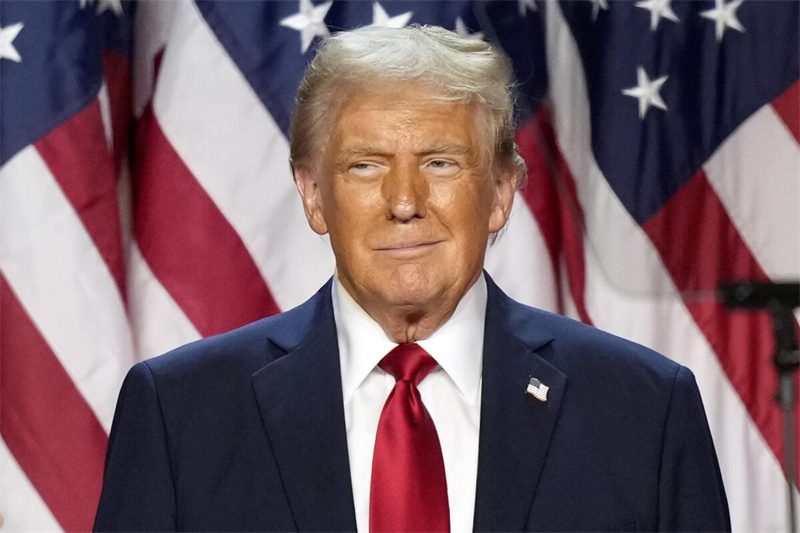On August 20, reports emerged that the Trump administration is considering taking equity stakes in four of the world's largest semiconductor manufacturers—Intel, Micron, Samsung, and TSMC—by converting subsidies under the CHIPS and Science Act into shares.
The proposal, described by officials as an “innovative approach,” would exchange billions in subsidies for non-voting equity, allowing the U.S. government to hold stakes without board representation. Commerce Secretary Robert Luttig confirmed on Tuesday that talks are underway with Intel about exchanging a portion of its approved subsidies for up to a 10% government stake, which would make Washington the company's largest shareholder.
According to people familiar with the matter, the Commerce Department is also reviewing similar arrangements for Micron, TSMC, and Samsung. These companies were awarded subsidies of $6.2 billion, $6.6 billion, and $4.75 billion respectively to support their U.S. manufacturing projects, most of which have yet to be disbursed.

While the White House argues the shift would ensure taxpayers receive long-term returns rather than one-time grants, analysts warn the plan could undermine free-market principles and increase government influence over private industry. Critics have described the approach as a de facto nationalization of the sector, with potential implications for global supply chains and corporate governance.
Industry reaction has been cautious. Intel shares briefly spiked on the news before retreating, reflecting investor uncertainty. Reports suggest Micron and TSMC executives are consulting legal advisers, while Samsung executives expressed concern that subsidies could be converted into forced equity.
The CHIPS and Science Act, passed in 2022, originally allocated $52.7 billion in subsidies to boost domestic semiconductor production. However, delays and rising costs have plagued projects in Arizona, Texas, and Idaho, prompting frustration within Washington over the program's effectiveness.
Analysts say if the equity-conversion plan proceeds, it could reshape the balance of power in the semiconductor industry. A U.S. government stake in multiple global chip leaders would not only alter corporate strategy but also raise geopolitical tensions at a time when advanced chip production is central to competition in artificial intelligence, defense, and critical infrastructure.
+86 191 9627 2716
+86 181 7379 0595
8:30 a.m. to 5:30 p.m., Monday to Friday
